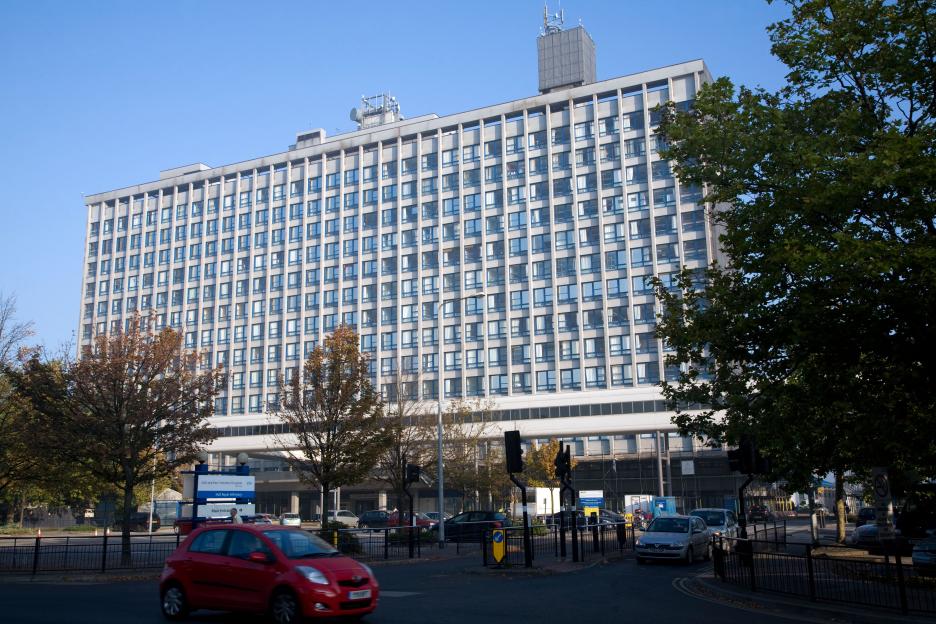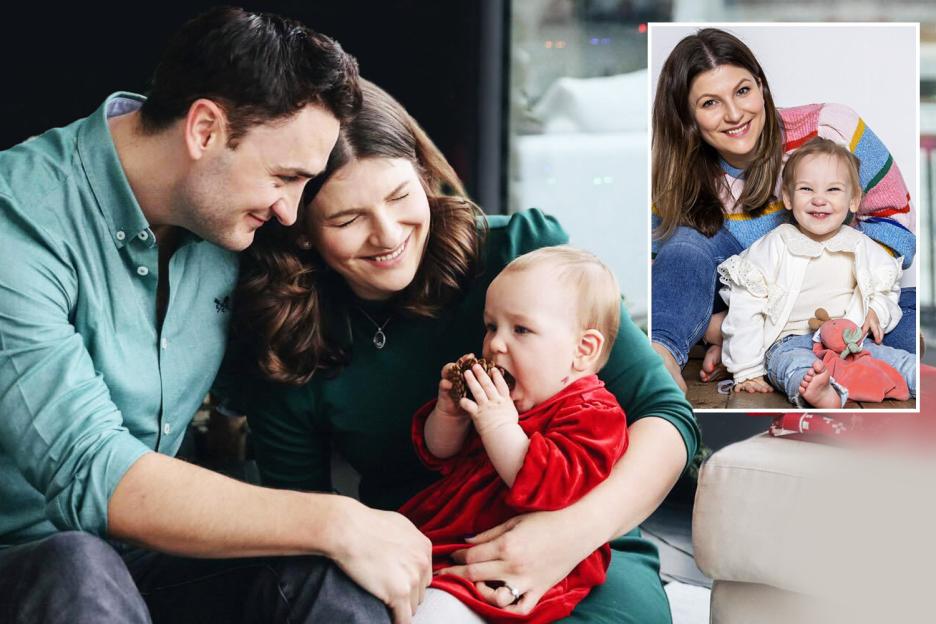AS the UK waves goodbye to summer, experts are urging people to take extra precautions to stay healthy.
As illnesses start to circulate, one virus parents are being asked to be especially wary of is – as new evidence shows it can be just as risky to healthy as those born premature of with underlying conditions.
 RSV can lead to severe illness such as pneumonia or bronchiolitis
RSV can lead to severe illness such as pneumonia or bronchiolitis
RSV, which stands for respiratory syncytial virus, is a common cause of respiratory infections in young children and accounts for around 245,000 hospital admissions annually in .
In some cases, it can lead to more severe respiratory issues like bronchiolitis and , which can lead to hospitalisation, the need for oxygen or mechanical ventilation, and even death.
Researchers have now analysed data from more than 2.3 million children born in between 2001 and 2022 to find out who is at greatest risk of suffering serious complications or dying from an RSV infection
Almost all children will get RSV at least once before they’re two years old.
Premature babies and children with chronic diseases are known to be at increased risk of developing severe illness when infected with the virus.
And children under three months of age are also particularly vulnerable – although it hasn’t been entirely clear how common severe disease is among previously healthy children.
As part of their findings, scientists from Karolinska Institutet in Sweden found the largest group among the children who required intensive care or were hospitalised for a long period of time were under three months of age, previously healthy and born at full term.
“When shaping treatment strategies, it is important to take into account that even healthy infants can be severely affected by RSV,” said the study’s first author, Giulia Dallagiacoma, a physician and doctoral student at the Department of Medical Epidemiology and Biostatistics, Karolinska Institutet.
“The good news is that there is now preventive treatment that can be given to newborns, and a vaccine that can be given to pregnant women.”
The programme was launched in on September 1, 2024 offering protection to pregnant women from 28 weeks gestation to protect their baby and to older adults aged 75 to 79.
Several factors were linked to an increased risk of needing intensive care or dying by the researchers.
Children who were born in the winter, or had siblings aged 0–3 years or a twin, had approximately a threefold increased risk, while children who were small at birth had an almost fourfold raised risk.
Children with underlying medical conditions had more than a fourfold increased risk of severe illness or death.
“We know that several underlying diseases increase the risk of severe RSV infection, and it is these children who have so far been targeted for protection with the preventive treatment that has been available,” said the study’s last author, Samuel Rhedin, resident physician at Sachs’ Children and Youth Hospital and associate professor at the Department of Medical Epidemiology and Biostatistics, Karolinska Institutet.
“However, the study highlights that a large proportion of children who require intensive care due to their RSV infection were previously healthy.
“Now that better preventive medicines are available, it is therefore positive that the definition of risk groups is being broadened to offer protection during the RSV season to previously healthy infants as well.”
In the UK, if you’re pregnant, you should be offered the RSV vaccine around the time of your 28-week antenatal appointment.
If you’re aged 75 to 79 (or turned 80 after 1 September 2024) contact your surgery to book your RSV vaccination.

Spotting RSV symptoms is important to help prevent serious complications.
Most people who get an RSV infection will only get cold-like symptoms, according to the NHS, including the five following signs:
- a runny or blocked nose
- a cough
- sneezing
- tiredness
- a high temperature – signs include your back or chest feeling hotter than usual, sweatiness and shivering (chills)
Babies with RSV may also be irritable and feed less than usual.
But if RSV leads to a more serious infection (such as pneumonia or bronchiolitis) it may also cause a worsening cough, shortness of breath, faster breathing, difficulty feeding in babies, wheezing, and confusion in older adults.
It’s important to note cold-like symptoms are very common in babies and children and aren’t usually a sign of anything serious.
They should get better within a few days.
There’s no specific treatment for an RSV infection as it often gets better on its own in one or two weeks.
If you or your child have mild RSV symptoms, there are some things you can do to help ease symptoms at home, including taking paracetamol or ibuprofen if you have a high temperature and are uncomfortable (giving children’s paracetamol or children’s ibuprofen to your child) and drinking lots of fluids.
But children and adults who get a more serious infection may need to be treated in hospital.
Call 999 if:
- your child is having difficulty breathing – you may notice grunting noises, long pauses in their breathing or their tummy sucking under their ribs
- you have severe difficulty breathing – you’re gasping, choking or not able to get words out
- you or your child is floppy and will not wake up or stay awake
- you or your child’s lips or skin are turning very pale, blue or grey – on brown or black skin, this may be easier to see on the palms of the hands
- your child is under five years old and has a temperature below 36C
As a parent, you may know if your child seems seriously unwell and should trust your judgement.
Source: NHS






